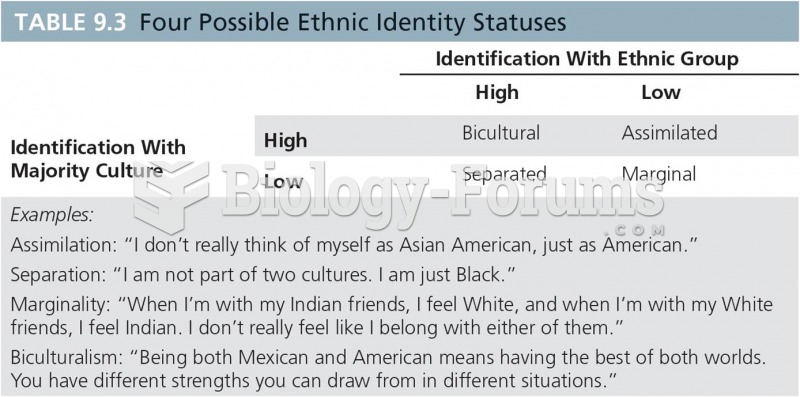Answer to Question 1
Critical race theory derives its foundation from the U.S. civil rights tradition. The
theory has several major premises, including the belief that racism is such an ingrained
feature of U.S. society that it appears to be ordinary and natural to many people. As a
result, civil rights legislation and affirmative action laws (formal equality) may remedy
some of the more overt, blatant forms of racial injustice but have little effect on subtle,
business-as-usual forms of racism that people of color experience as they go about
their everyday lives. According to this approach, the best way to document racism and
ongoing inequality in society is to listen to the lived experiences of people who have
experienced such discrimination. In this way, we can learn what actually happens in
regard to racial oppression and the many effects it has on people, including alienation,
depression, and certain physical illnesses. Central to this argument is the belief that
interest convergence is a crucial factor in bringing about social change.
Answer to Question 2
Like Judaism, Islam is a religion in the Abrahamic tradition; both religions arise through sons of AbrahamJudaism through Isaac and Islam through Ishmael. Islam, whose followers are known as Muslims, is based on the teachings of its founder, Muhammad, who was born in Mecca (now in Saudi Arabia) in about 570 C.E. According to Muhammad, followers must adhere to the five Pillars of Islam: (1) believing that there is no god but Allah, (2) participating in five periods of prayer each day, (3) paying taxes to help support the needy, (4) fasting during the daylight hours in the month of Ramadan, and (5) making at least one pilgrimage to the Sacred House of Allah in Mecca. The Islamic faith is based on the Qur'an, the holy book of the Muslims, as revealed to the Prophet Muhammad through the Angel Gabriel at the command of God. According to the Qur'an, it is up to God, not humans, to determine which individuals are deserving of punishment and what kinds of violence are justified under various conditions. The Islamic notion of jihad, meaning struggle, is a core belief. The Greater Jihad is believed to be the internal struggle against sin within a person's heart, whereas the Lesser Jihad is the external struggle that takes place in the world, including violence and war. The term jihad is typically associated with religious fundamentalism. Today, more than 19 percent of the world's population considers itself to be Muslim. Most of the more than one billion adherents of this religion reside in the Middle East. Islam is one of the fastest growing religions in the United States. Recent Muslim arrivals in the United States typically have come from countries such as Pakistan, Iran, and Saudi Arabia. Muslims in the United States have not always felt welcome. The bombings of the World Trade Center in New York in 1993 and the terrorist attacks on the United States in 2001 intensified stereotypes regarding people appearing to be Muslim or from countries associated with Islam.







